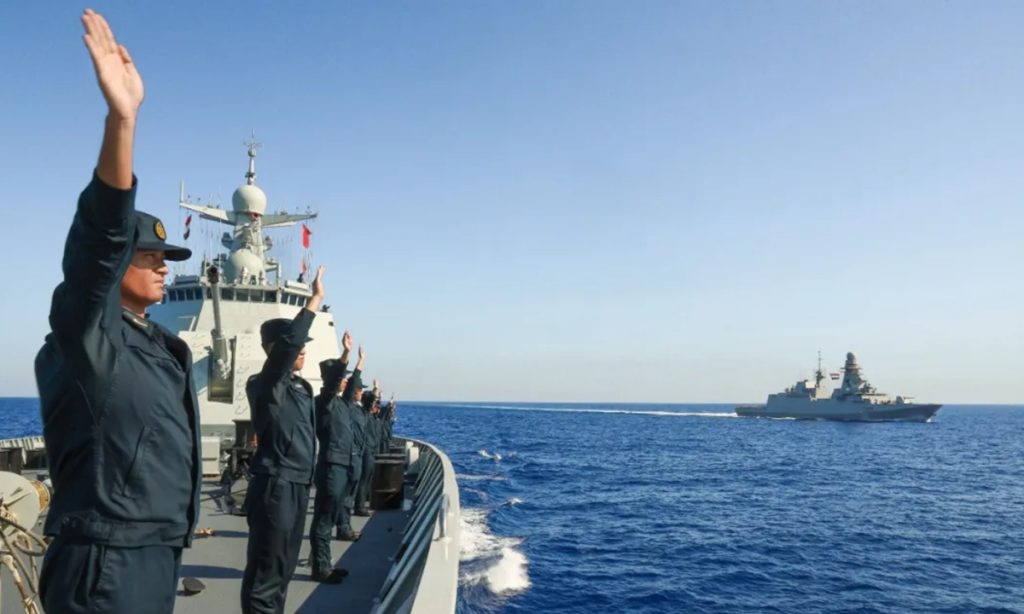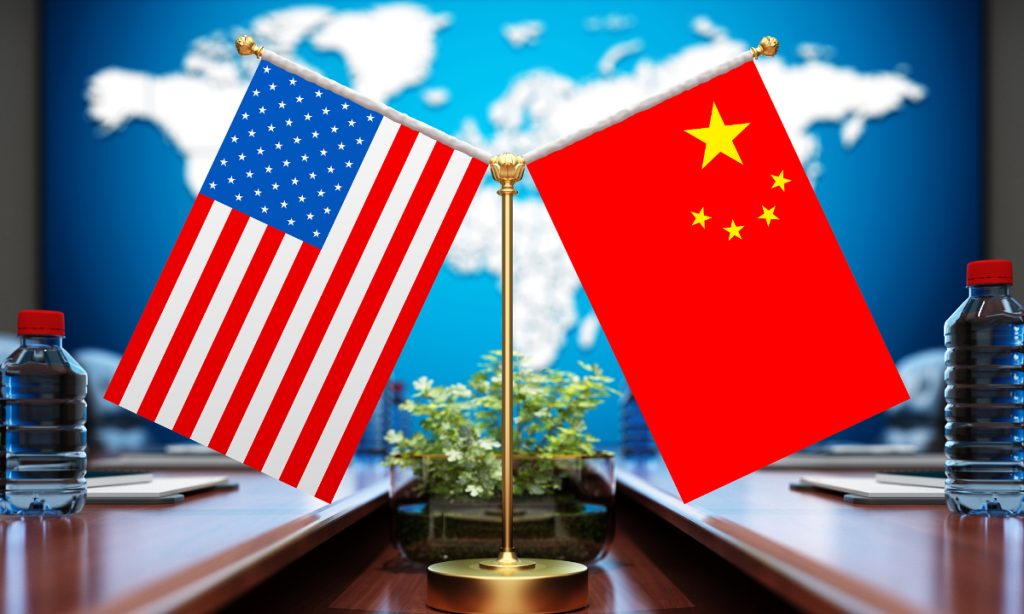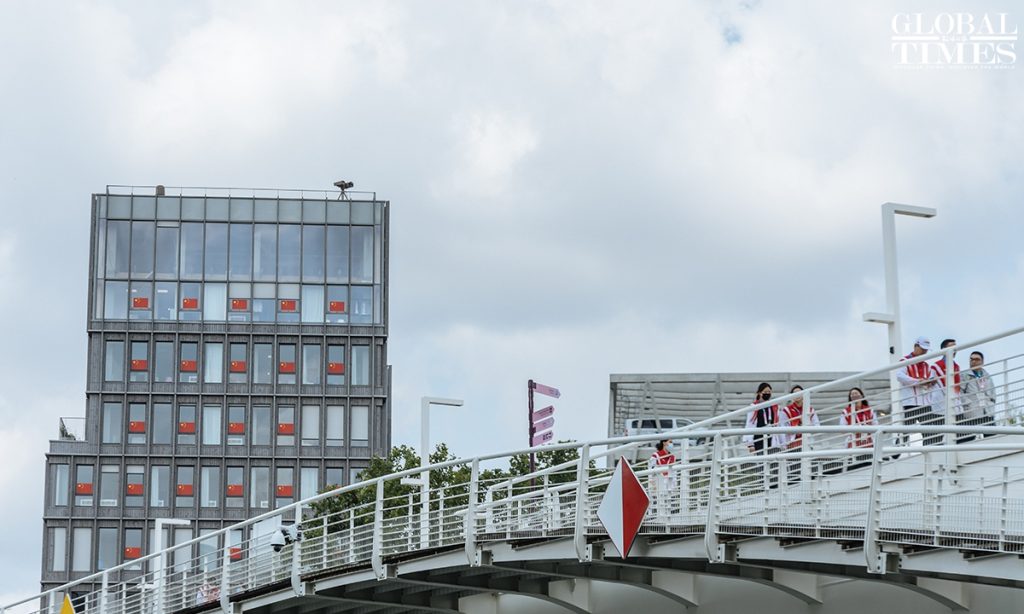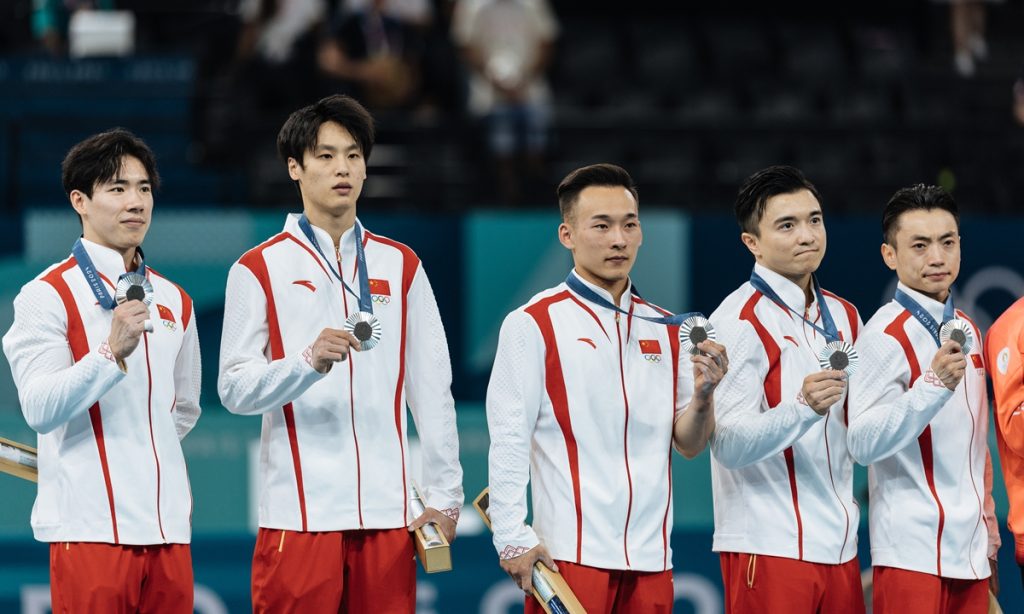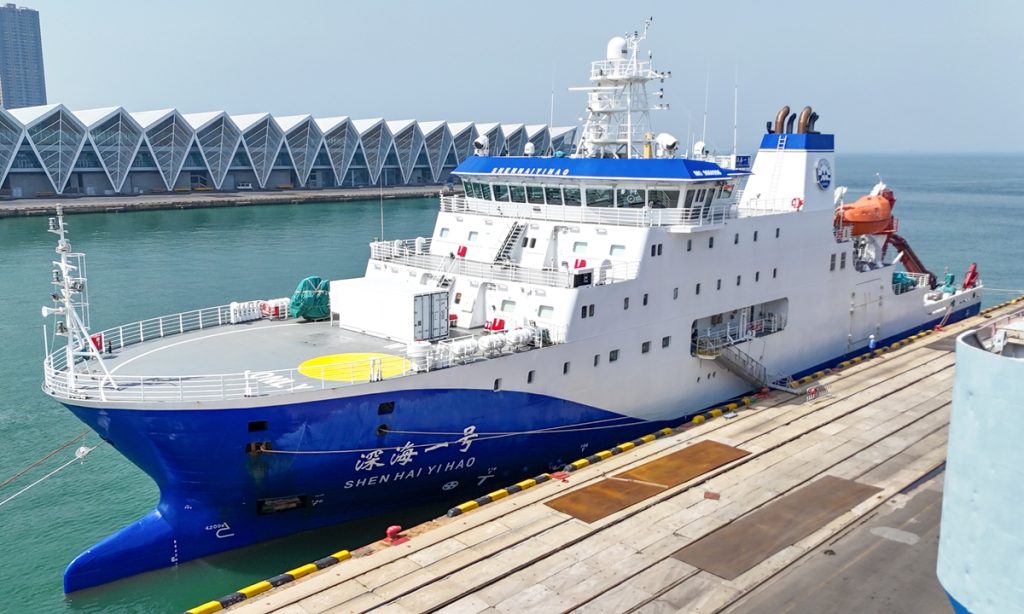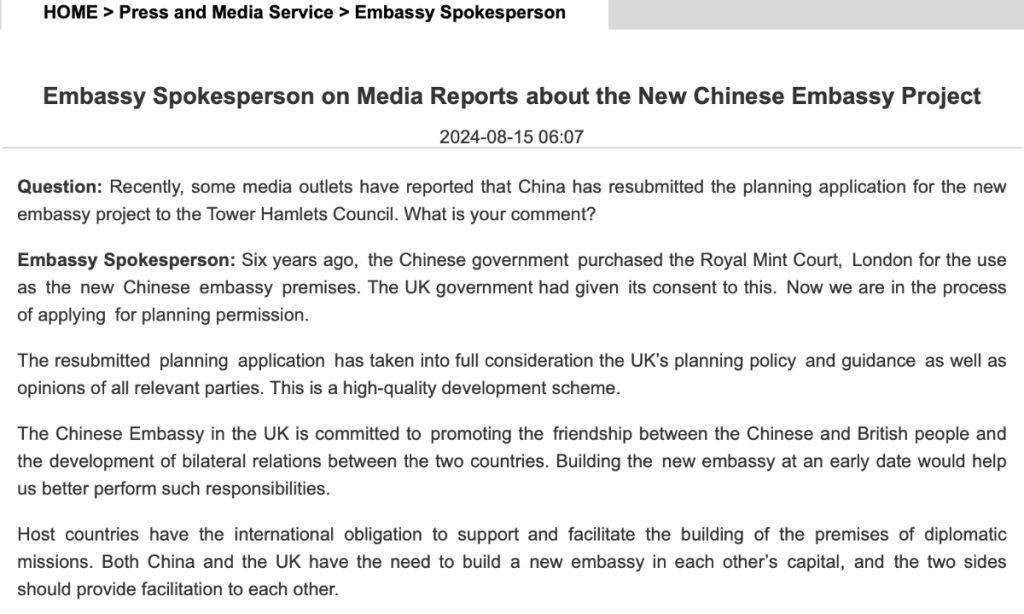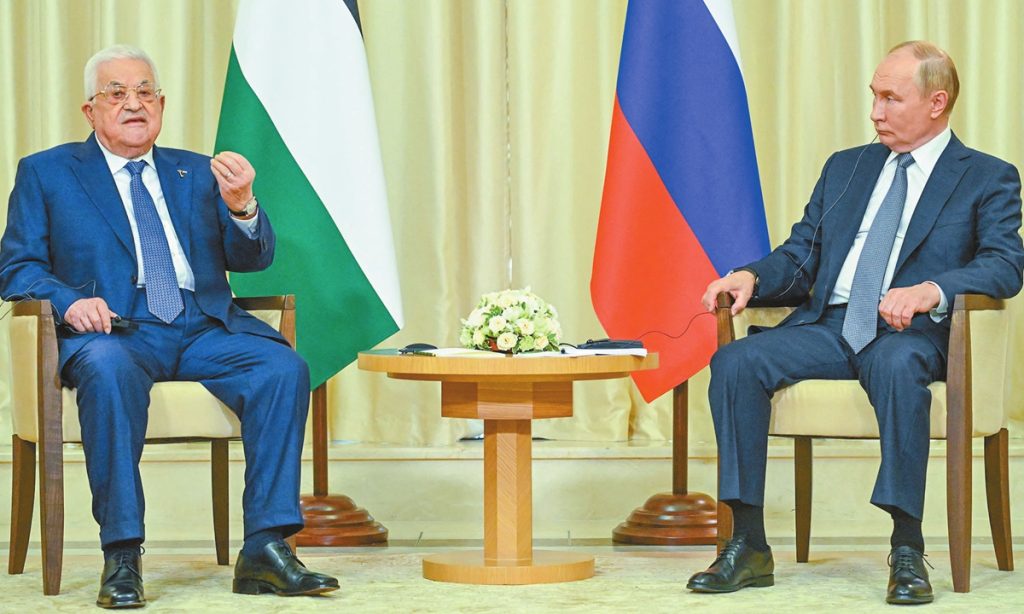Movie ‘Decoded’ builds cinematic dream with 60 tons of sand

With the box office of the film Decoded surpassing 300 million yuan ($42 million), it has become a standout work in the 2024 summer movie season. The film, adapted from the novel of the same name by Mao Dun Literature Prize winner Mai Jia, showcases a blend of cinema and literature.
Mai expressed his high regard for the film in an interview with the Global Times, calling it "the ultimate in artistic beauty." Mai said that Decoded is not only a faithful adaptation that adheres to the spirit of literature but also a bold exploration and attempt at artistic pursuit in Chinese cinema.
"I believe that whether it's a novel or a film, to reach the world, it first needs to be technically proficient. If the technical aspects are not addressed, it's difficult to move people," Mai noted.
Decoded demonstrates rare courage and determination in technical innovation. The film team boldly employs cutting-edge techniques such as IMAX photography, high-frame-rate shooting, and virtual reality pre-visualization to elevate the visual and auditory experience to a new level.
The film presents a series of spectacular scenes, including golden reeds, a shining Ferris wheel, giant walruses, deep-sea whirlpools, and enormous computers, all of which provide viewers with a visual feast. Many audiences regard Decoded as a visual effects blockbuster.
"Recently, the Chinese market has been flooded with a lot of popcorn movies, deliberately pandering to audiences without treating film as an art form, or lacking a cinematic dream. However, the dream in Decoded is particularly grand. For example, to achieve an aesthetic effect, the crew used 60 tons of sand to create a red beach," Mai told the Global Times.
One particularly striking scene takes place on this red beach, which was brought to life by the crew constructing a 5,000-square-meter soundstage and a 2,000-square-meter man-made red beach. It took 90 days to finish the entire process, from construction to filming.
Decoded made full use of innovative technology, presenting key scenes like the confrontation on the red beach and the dreamscape under the setting sun with grandeur and meticulous detail.
From the perspective of a literature enthusiast, Mai said that Decoded is a sophisticated film, turning a grand narrative of mainstream themes into something artistic and aesthetically pleasing.
In recent years, China's film industry has made continuous breakthroughs in technical innovation, artistic exploration, and market strategy, and Decoded has made a significant mark in this process. This film not only attracts audiences with its unique narrative style and visual impact but also promotes the upgrading and transformation of China's film industry on multiple levels.

